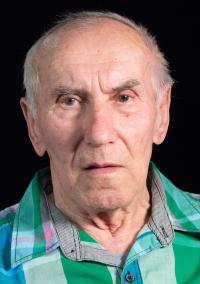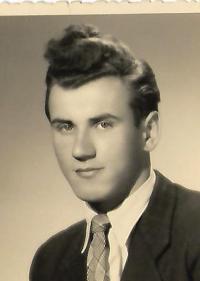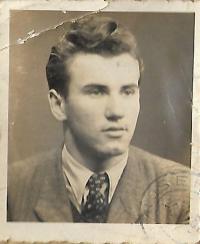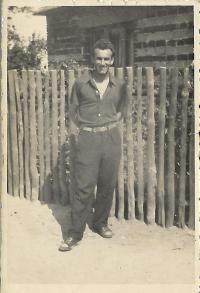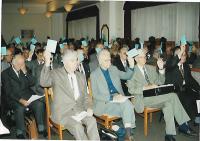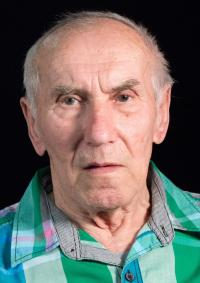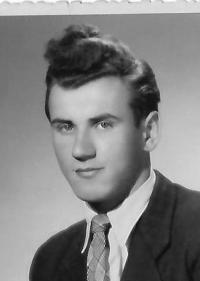Ten years of imprisonment for fabricated espionage

Download image
Štefan Maďar was born on July 31, 1932 in a small village of Borský Svätý Jur near the Austrian borders. Shortly after the communist takeover he attempted to emigrate and he managed to almost get to Vienna. There he was identified by the Austrian police and deported back to Czechoslovakia. Probably because of his young age, there was no trial held against him and after few months, Štefan was released to freedom. However, the State Security didn’t forget this incident and approximately one year later he was, unaware of anything, detained. In the following political trial he was sentenced to 10 years of imprisonment and majority of this time he spent in Jáchymov. In July 1957 he was released, but even afterwards he had been monitored by the State Security for a long time. After the fall of the communist regime he was engaged in founding the Confederation of Political Prisoners. Nowadays he lives retired in Borský Svätý Jur.
